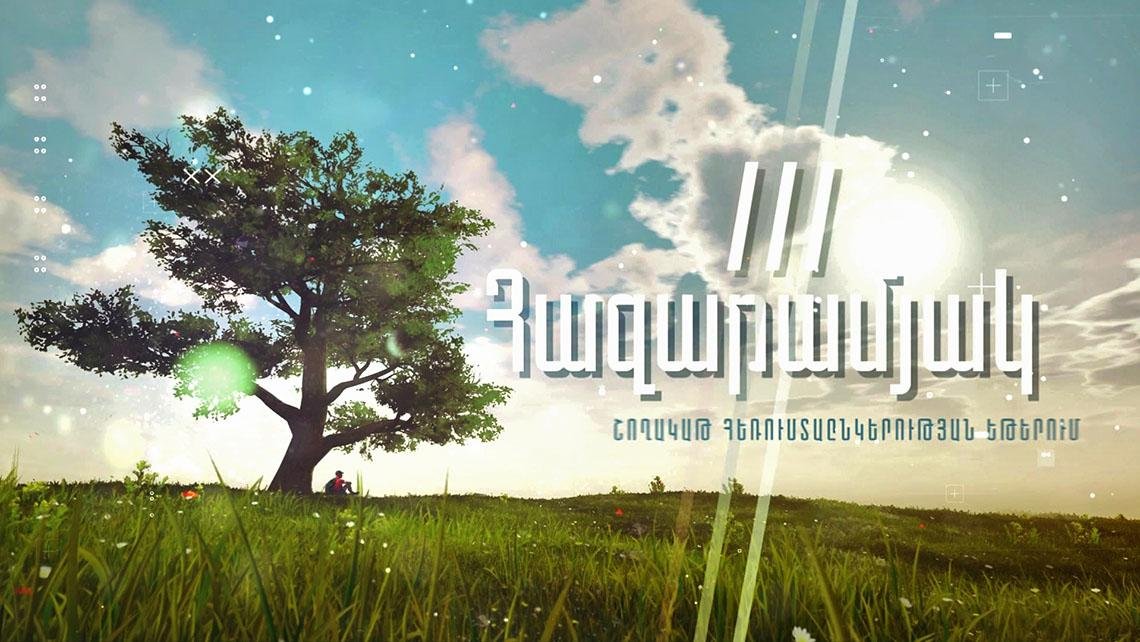
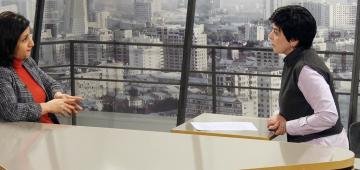 |
Not to abandon the complaints filed against Azerbaijan in international courtsA number of public organizations demand that the government and Nikol Pashinyan not abandon the complaints filed against Azerbaijan in international courts under any conditions and circumstances, and refrain from proposing to dissolve the OSCE Minsk Group. How is this dangerous for Armenia? Anna Sargsyan discussed the topic with Anna Melikyan, a legal expert at the “Protection of Rights Without Borders” NGO. |
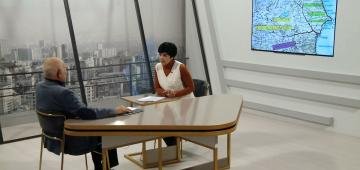 |
Are the terms Western Armenia and "Western Azerbaijan" comparable?What is the state called Azerbaijan as a historical and political reality, and what distortion of facts is the map of “Western Azerbaijan” the result of? Are the terms Western Armenia and “Western Azerbaijan” comparable? Anna Sargsyan discussed the topic with Honorary Doctor of the National Academy of Sciences, cartographer Ruben Galichyan. |
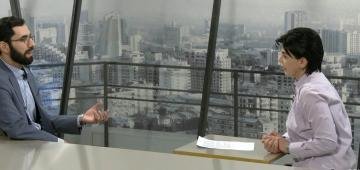 |
2024 in the "Third Millennium" pavilionOpening of the Mother Cathedral, blessing of myron, identity, history, education, rights of Artsakh citizens. These are the topics discussed by Anna Sargsyan in the "Third Millennium" pavilion during the second half of 2024. The best parts of the conversations are summarized in one video. |
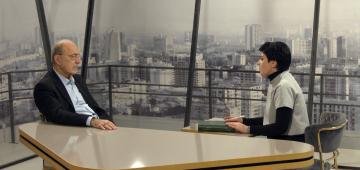 |
Artsakh by namesIn 2020, the monograph “Outlines of the History of Settlements of the Republic of Artsakh” was published, thanks to the diligence of Doctor of Historical Sciences Vahram Balayan. Today, the book also has great archival value, several copies reached Armenia in 2023. after the forced deportation of the Armenians of Artsakh. Anna Sargsyan hosted the author of the book, Vahram Balayan. |
 |
The well-being of Artsakh residents is a commitmentAs of January 2024, 115 thousand citizens were forcibly displaced from the Nagorno-Karabakh Republic. The forced deportation of Artsakh Armenians in 2023 was also a gross violation of cultural rights. The right to culture is the right to freely participate in cultural life, to live their normal lives in accordance with their own ideas and cultural practices. It is established as a fundamental right by Article 27 of the Declaration on Human Rights and Fundamental Freedoms. Anna Sargsyan spoke with cultural anthropologist Gohar Stepanyan about the problems of integration of Artsakh Armenians in Armenia. |
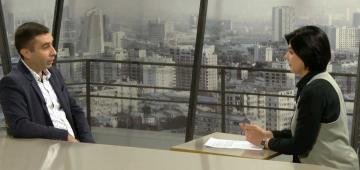 |
Identity and historyThere are values around which society should unite. One of them is our Christian identity, the tangible expression of which is the myron. Disagreements in principle can be resolved through discussions. The Church draws attention to the important values by which the Armenian people should unite. Why is modern man considered a spiritual wanderer? How not to lose home? The best thoughts from Anna Sargsyan's conversations on the history of the Armenian people have been summarized in one issue. |
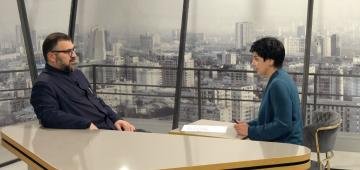 |
Human and educationWhat is the value of education? Is being educated enough to be a good person? And is being a good person a guarantee of a good life? Anna Sargsyan spoke with the superintendent of the Gevorgyan Theological Seminary, Proto-Archimandrite Shahe Ananyan. |
 |
Raising the issue of Nagorno-Karabakh at the UN World Forum
The Primate of the Artsakh Diocese, Bishop Vrtanes Abrahamyan, and the Director of the Department for Inter-Church Relations of the Mother See, Archbishop Garegin Hambardzumyan, participated in the 10th World Forum of the UN Alliance of Civilizations. During the speech of the Armenian clergy, the Azerbaijani delegation violated the norms of decency. The actions were not properly assessed by the organizers of the forum. Anna Sargsyan hosted Bishop Vrtanes Abrahamyan and Archbishop Garegin Hambardzumyan.
|
 |
What is linguistic education
What is the subject of linguistics? What are the misconceptions about the profession of “linguistics”? Is linguistic education offered in Armenian universities? Anna Sargsyan spoke with linguist Andranik Ayvazyan, candidate of philological sciences.
|
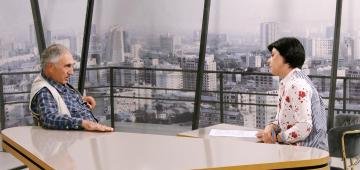 |
Restoration of the Mother Cathedral of St. Etchmiadzin
How was the Mother Cathedral restored? Anna Sargsyan spoke with Amiran Badishyan, the chief architect of the Mother Cathedral restoration project, Hasmik Gevorgyan, the chief materials expert for the Mother Cathedral restoration, and Gagik Galstyan, the founder of the "Horizon-95" construction organization, about this enormous work. Here is a compilation of those conversations.
|
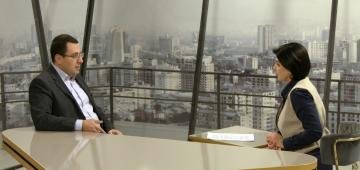 |
Starting Higher Education from Zero
A scientific degree should be awarded only for scientific novelty, but the vast majority of scientific degrees awarded worldwide are not awarded for scientific novelty. Hakob Madoyan believes that our higher education lacks the ability to proceed from the internal logic of the content. If we proceed from the content, the organizational method will come by itself. But approaching it from the opposite side, we will kill the content. Anna Sargsyan continues to talk about the content and structure of higher education with Candidate of Philosophical Sciences Hakob Madoyan.
|
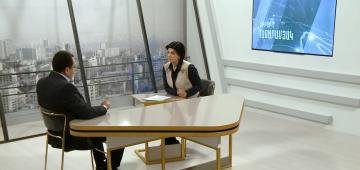 |
What is higher education
It is necessary to distinguish between those professions that are fundamental and those that are auxiliary. Hakob Madoyan believes that now, in the changed world, the terms of 3 or 4 years for a bachelor's degree and 1 or 2 years for a master's degree are already outdated. There are professions for which a bachelor's degree should be 5, 6, 7 years. There are professions for which a master's degree should be 2, 3, 4 years, because scientific information has expanded so much that it takes more time to master it. Anna Sargsyan talked about the content and structure of higher education with Hakob Madoyan, candidate of philosophical sciences.
|